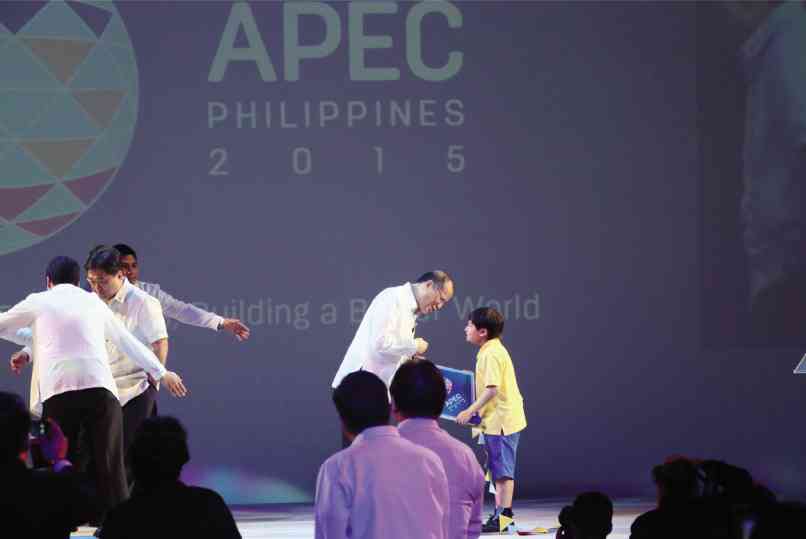
President Aquino kicks off preparations for Apec Philippines. The Philippines last hosted the Apec summit in 1996.
MANILA, Philippines–Anticipating the worst-case scenario will be key when the Philippines organizes the upcoming Asia-Pacific Economic Cooperation (Apec) Summit this November.
For tourism expert Robert Lim Joseph, the summit will be a “no-brainer” for the government department in charge of preparing for the meeting of the 21-member economies in the Philippines.
Joseph adds that everything needs to be anticipated during high-profile meetings such as Apec. “The worst-case scenario must be drawn out so as to rule out anything that could be classified as ‘unexpected’,’” Joseph explains.
According to the travel industry executive, this is not the first time that the country will host the summit. As such, he expects fewer snags and less major problems this time around.
The Philippines last hosted the Apec summit in 1996.
He emphasizes the importance of having a seamless flow from the arrival to the transport of the almost 4,000 delegates who will arrive in the country to tackle issues of sustainable growth and prosperity in the Asia-Pacific region. This Apec edition will revolve around the theme “building a better world” with inclusive growth on top of the agenda.
The Department of Tourism eyes nine potential meeting sites for various summit activities including Metro Manila, Cebu, Davao, Iloilo, Clark, Subic, Tagaytay, Boracay and Bacolod. Around 400 chief executives are expected along with heads of the state of member nations.
“We don’t need to top China (where the last Apec summit was held in 2014). We have to be better. They will not look for China, they will look for the Philippines. We have to showcase the best of the Philippines,” Joseph said.
But the real issue is how to bring out the best despite the limitations and circumstances. “What we lack in infrastructure, we have to make up with our hearts and passion,” he said.
But he is quick to point out that eliminating anarchy from our airports to our roads will go a long way not only during the Apec summit but also for the country’s tourism in general.
He said that the general acceptance of the state of anarchy is the root cause of the lack of order and discipline, especially in the travel sector. He adds that challenges are so basic to overcome if only people from both the public and private sector should feel more responsible to act on the issue.
“It all begins with our leaders. We have to get solution-oriented people. People who have respect for the system, rules and regulations,” he adds.
He turns to Marikina City as a success story for tourism.
“The people troop to Marikina to only see order and cleanliness. They have imbibed a ‘culture of tourism’ in the city. And this is badly needed to be replicated in other local governments,” he said.
Joseph adds that a lot of people can point out problems but no one gives solutions.
“Filipinos are fond of shortcuts, we should get rid of the shortcut mindset and rather focus on long-term solutions,” he said.
It is almost a must that government support the private sector in this endeavor. The state should collaborate with and, if needed, subsidize the private sector. Their projects must aim for sustainability and should be handled with a lot of accountability, he quipped.
Tourism is business, and business is tourism, according to Joseph.
“It has been proven that because of tourism, direct investments pour in,” he said. He adds that in order to attract foreign investments, we have to show confidence and variety in the way we project our culture to others.
Technology must be fully-harnessed to showcase the best of the Philippines. With the influx of smartphones, an app for the Philippines discussing the country’s history and rich heritage would help foreigners understand us better, he explains.
“Do not sell the destination, sell the people,” he said. The Filipino spirit is the easiest to market because it is unbeatable especially when it comes to welcoming tourists.
“Every tourist should be treated as an honored guest. And when he leaves, he will leave as a friend. When he comes back, he will come back as family,” he adds.